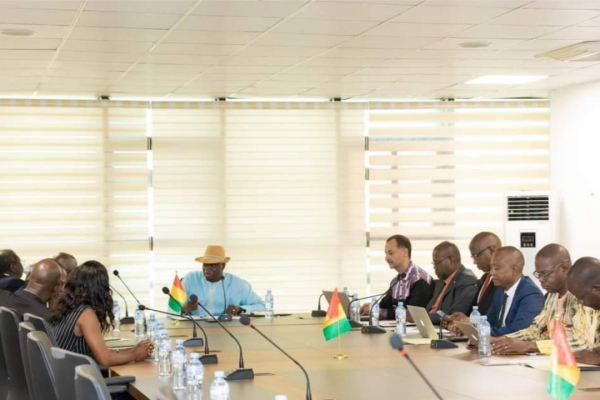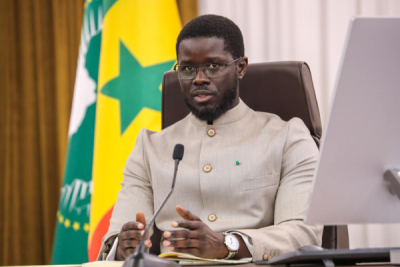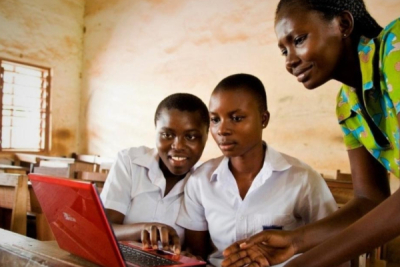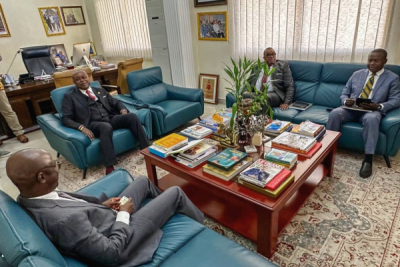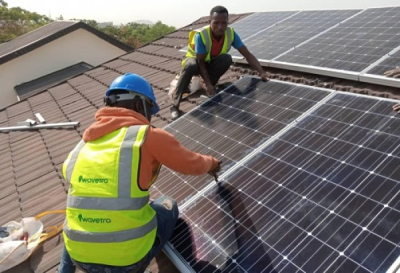In 2022, only 34% of the population in West and Central Africa had access to broadband connectivity, according to the World Bank. To improve this situation, regional initiatives are underway to increase connectivity rates in these regions.
The deployment of the Amilcar Cabral submarine telecommunications cable, aimed at connecting Cape Verde, Gambia, Guinea, Guinea-Bissau, Liberia, and Sierra Leone, is gradually taking shape. A delegation from the Economic Community of West African States (ECOWAS), led by Mr. Sediko Douka, Commissioner for Infrastructure, Energy, and Digitalization, met with Mr. Nouha Traoré, Secretary General of the Ministry of Posts, Telecommunications, and the Digital Economy of Guinea, on Monday, June 3, to discuss the development of this strategic project.
"The discussions focused on several key aspects of the project, including its regional significance and importance for ECOWAS integration, the technical milestones to be implemented, obtaining the necessary permits for cable deployment, and the financial aspects of the project," said the Guinean Ministry of Digital Economy in a press release.
The meeting occurred more than a year after the signing of a memorandum of understanding with the ECOWAS Commission for the project's development. Under this partnership, the six countries involved committed to participating in the evaluation of the project's technical, economic, financial, social, and environmental feasibility, as well as mobilizing the necessary resources for its implementation. The ECOWAS Commission will coordinate the project's execution by interacting with the beneficiary countries, donors, and other stakeholders.
Guinea and Gambia, through the West Africa Regional Digital Integration Program (WARDIP), have secured funding from the World Bank for the implementation of the crucial project estimated to cost over $90 million.
Once completed, the Amilcar Cabral submarine cable is expected to enhance international telecommunications capacity, improve access to digital services, and provide essential redundancy to ensure the resilience of high-speed Internet in the affected countries. The cable is also expected to improve the digital infrastructure necessary to attract foreign investment, create jobs, and support the development of the digital economy in the region.


